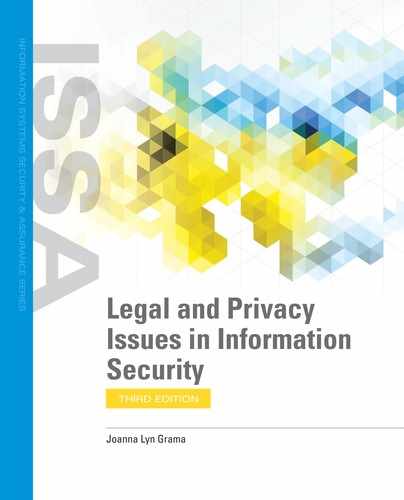1. What is the U.S. federal court of last resort?
A. The U.S. Supremacy Court
B. The U.S. District Court
C. The Ninth Circuit Court of Appeals
D. The Federal Court of Appeals
E. The U.S. Supreme Court
2. What is judicial review?
A. The power of courts to review the decisions of other courts
B. The power of courts to review laws
C. The power of the president to review the decisions of the courts
D. The power of Congress to review the decisions of the courts
E. A variety show featuring people in wigs and black robes
3. What is appellate jurisdiction?
A. The power of some courts to review the decisions of others
B. The power of courts to resolve disputes between individuals
C. The process by which courts conduct civil trials
D. The process by which courts conduct criminal trials
E. The power of courts to declare a law unconstitutional
4. What article of the U.S. Constitution sets forth the powers of the president?
A. Article V
B. Article IV
C. Article III
D. Article II
E. Article I
5. What is a case of first impression?
A. The first case that court hears when it is in session
B. A case that changes established precedent
C. A case for which there is no established precedent
D. A case that is appealed
E. None of these is correct.
6. The Federal Trade Commission is which type of federal agency?
A. Independent
B. Subordinate
C. Coordinate
D. Executive
E. Congressional
7. The doctrine of precedent is also known as ________.
8. What is procedural law?
A. Branches of law that deal with property cases
B. Branches of law that set forth the structure of the judiciary system
C. Branches of law that deal with following precedent
D. Branches of law that deal with processes that courts use to decide cases
E. None of these is correct.
9. What is common law?
A. A system of law inherited from England
B. A system of law inherited from France
C. A system of law that relies upon established legal principles and traditions
D. A system of law inherited from France and a system of law that relies upon established legal principles and traditions
E. A system of law inherited from England and a system of law that relies upon established legal principles and traditions
10. Compliance is ________, audit is ________.
A. Following the rules, verifying that the rules were followed
B. Verifying that the rules were followed, following the rules
C. Making the rules, enforcing the rules
D. Enforcing the rules, making the rules
E. None of these is correct.
11. A federal agency is granted its authority by ________.
12. Which U.S. Constitution clause describes Congress’ authority to regulate trade between states?
A. The Supremacy Clause
B. The Necessary and Proper Clause
C. The Limitation of Powers Clause
D. The Commerce Clause
E. The Impeachment Clause
13. The U.S. Supreme Court has ________ justices.
14. How many representatives are in the U.S. House of Representatives?
A. 100
B. 1,000
C. 435
D. 400
E. 50
15. There are ________ federal district courts.
